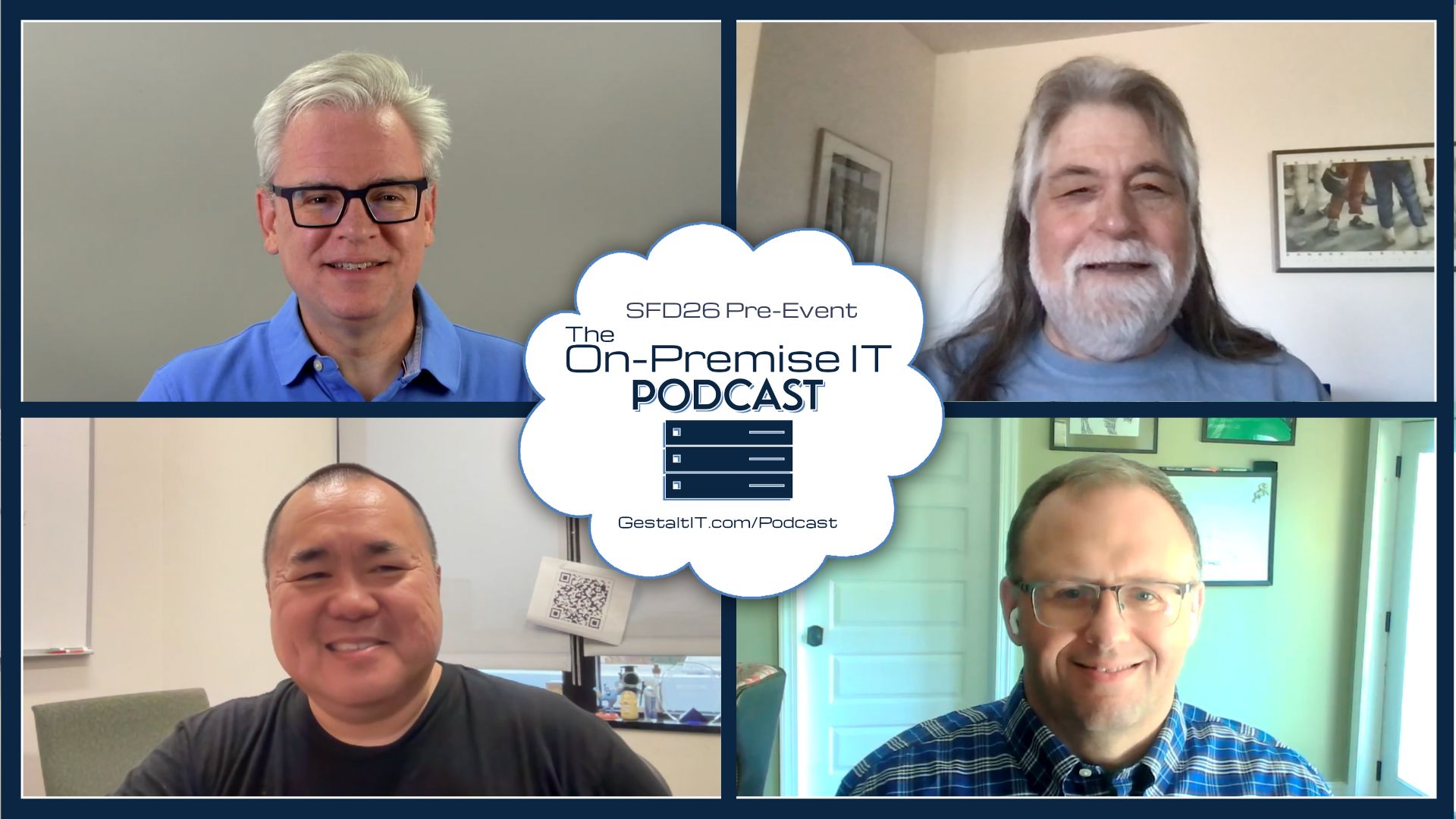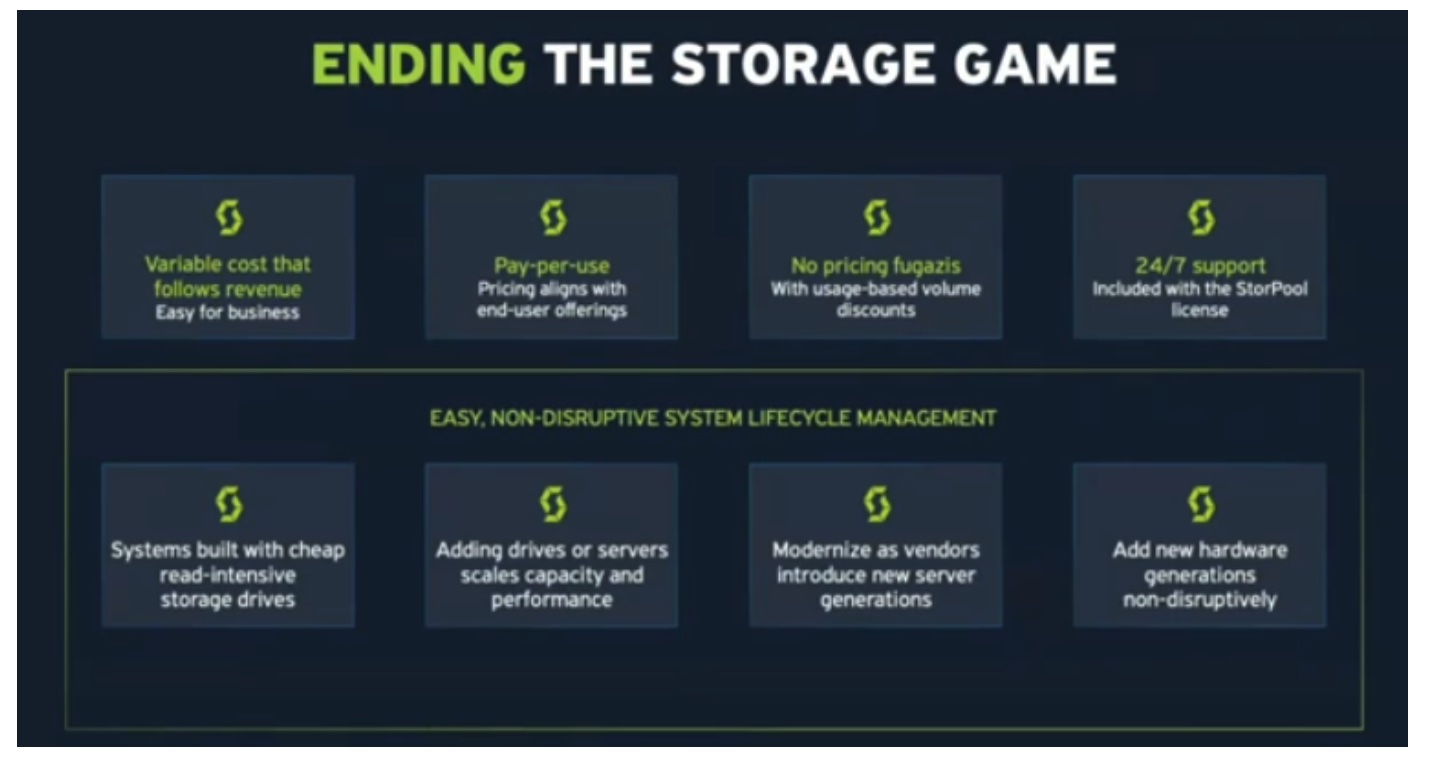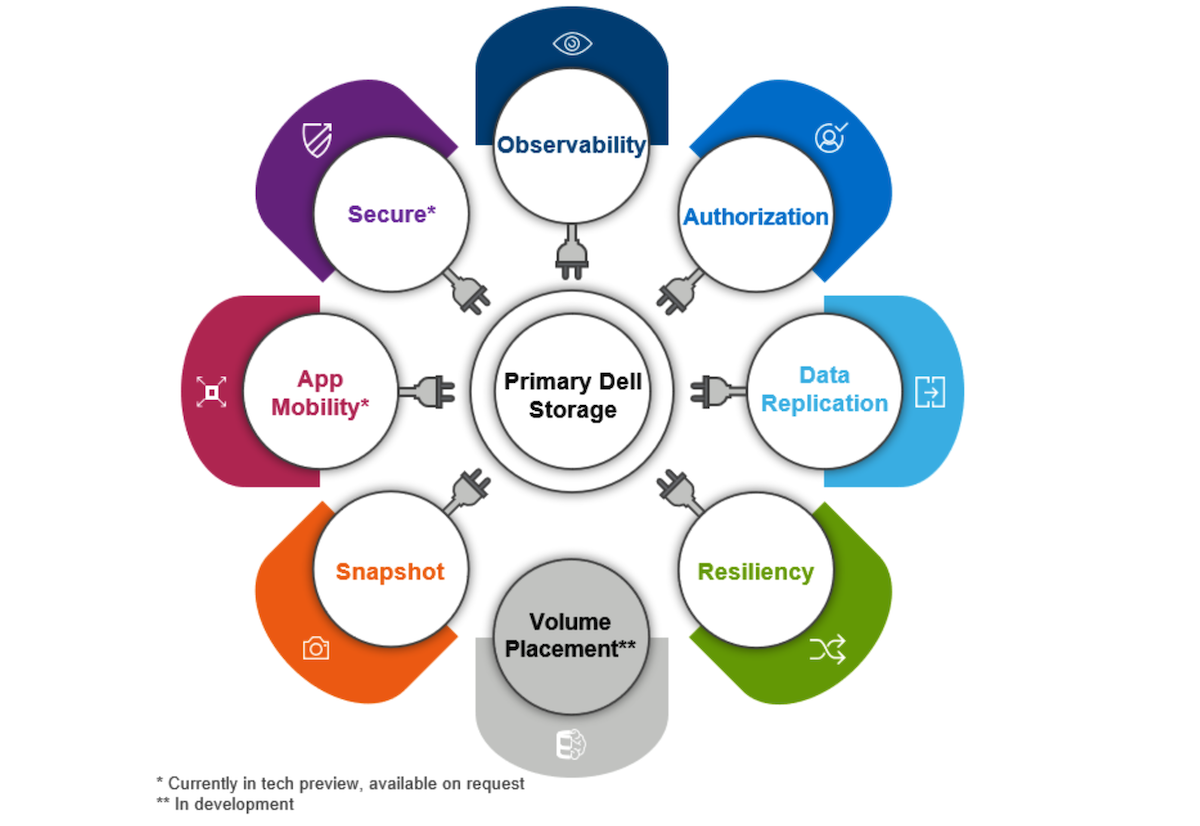In this piece, Gabriel Chapman makes an interesting case for the demise of the storage admin. He compares the state of storage to the smartphone pre-iPhone. The market is poised for someone make storage radically simpler, from providing a service that has to be laboriously constructed, to something that’s more of a platform to be built on with accessible APIs.
This echos what I heard from Andy Banta earlier this year, with his talk on the death of the specialized admin in general. Andy makes a broader case, showing how the role of storage admin will parallel the almost defunct status of the dedicated server admin.
Gabriel Chapman comments:
Fun Fact, I wrote this in November of last year. Still holds up. Figured I publish it.
I’ve spent pretty much the last few years speaking to customers about the many disruptive forces that are invading the traditional Information Technology space. I normally start these talks off with the slide to the left. That’s Steve Jobs holding the first iPhone in 2007 and the text to the left is the conversation between the two CEO’s of RIM the makers of the Blackberry smart phone. “These guys are really good, this is different” – “It’s Ok, we’ll be fine” Fine you say? At the time RIM was the dominant smart phone platform along with Nokia, both companies were at the top of the smart phone game and had the dominant market shares. At one point RIM’s shares were trading at 135 dollars a share and their market cap was roughly 40B with Nokia sitting at 114B. Both companies would continue and accelerate in both market share and value, but only until a point. That point would come a short year later with the release of the iPhone 3G and with that, the app store ecosystem was starting to gain traction and how people used their phones started to change drastically.
Read more at: Recognizing Disruption and the Death of the Storage Admin




